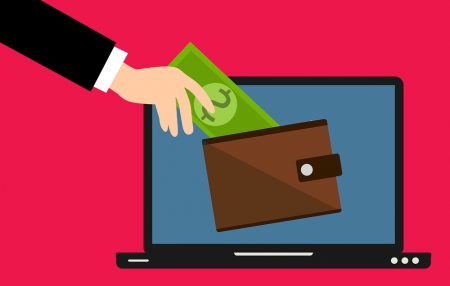In Canada, anyone who owns a small business is required to pay income tax on that business. For tax purposes, the Canadian government defines a business as any “activity where there is a reasonable expectation of profit and there is evidence to support that intention”.
If you own your own business in Canada, you are required by law to report all earnings during tax season. But what is the small business tax rate in Canada? Let’s take a closer look at what is expected of small businesses during tax season.
What is the Small Business Tax Rate in Canada?
There’s not really one clear-cut answer to this question. As of 2019, the Federal Tax for small businesses was 9%. With that being said, each province and territory owns its own Corporate tax system. Here is a breakdown of small business taxes in each of the provinces/territories of Canada:
- Alberta = 2%
- British Columbia = 2%
- Manitoba = 0%
- New Brunswick = 2.5%
- Newfoundland & Labrador = 3%
- Nova Scotia = 3%
- Northwest Territories = 4%
- Nunavut = 3%
- Ontario = 3.2%
- PEI = 3%
- Quebec = 5%
- Saskatchewan = 2%
- Yukon = 2%
Small Business vs. Self Employment
When filing for your taxes, it’s important that you understand the difference between owning a small business and being self-employed.
Contrary to popular belief, you don’t have to own a storefront or shop to be considered a small business owner. Rather, anytime you have any number of employees working for you, you are considered the owner of a small business.
Self-employment, on the other hand, is when you work solely for yourself. In other words, you are the sole proprietor of a business. Jobs that commonly fall into this category include Uber drivers, freelancers, and contract writers.
It’s important to distinguish the difference between whether you are self-employed or a small business owner, as the two are very distinct from one another come tax season.
Record Keeping
If you own your own small business, keeping organized records will be essential come tax time. Always keep a logbook with any office expenses or business mileages, and keep any receipts as proof of purchase.
You should also be sure to keep track of any income, as well as any other outgoing expenses throughout the year. Many small business owners like to hire their own bookkeepers for these purposes or use business software like “Quickbooks” to assist in keeping proper records.
Hiring an Accountant
When it comes time for tax season, many small business owners opt to hire an accountant to help them prepare their forms. Taxes can be confusing and time-consuming, and if you don’t know how to do your own taxes properly, you could fill out your forms improperly.
For this reason, many people like to hire a professional to help. A good accountant will be able to take the stress out of filing taxes, and often know all of the ins and outs of taxes that can help to save you and your business money.







